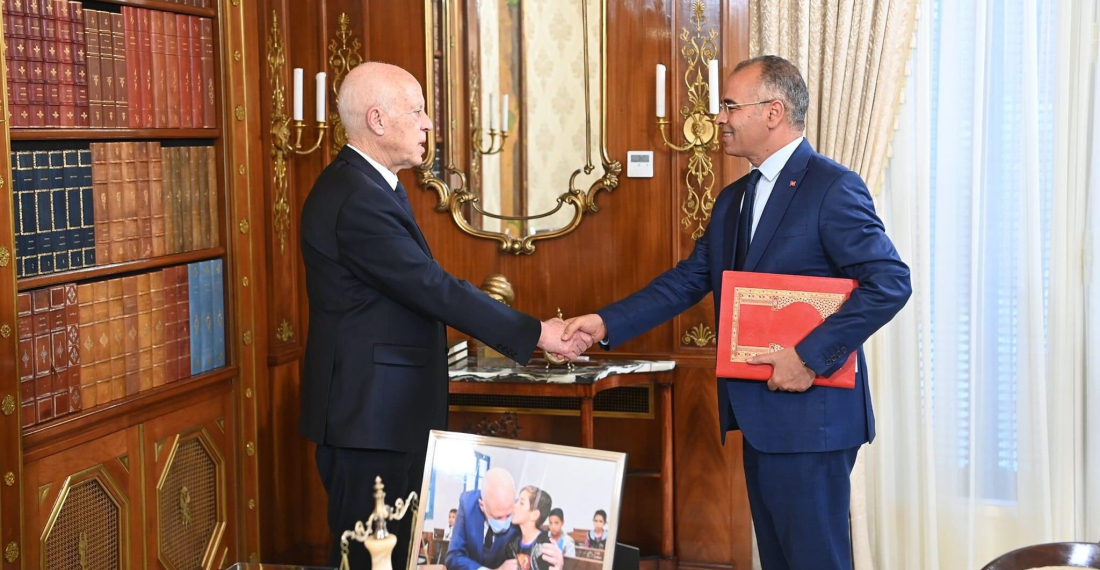Social Affairs Minister Kamel Maddouri has been appointed Tunisia's new prime minister, according to a statement from the presidency. President Kais Saied dismissed Prime Minister Ahmed Hachani on Wednesday, just one year after he was appointed.
Saied seized full power three years ago. He fired his prime minister and suspended parliament, which was later dissolved. Under his rule, a new constitution was adopted that increased his powers and a new parliament was elected with limited powers. Saied has announced his intention to run for a second term as president.
El-Hachani, who has been prime minister for a year, issued a statement on Wednesday about government meetings, focusing on the deteriorating economic situation. Before becoming prime minister, he was director-general of human resources at the Central Bank of Tunisia. He studied at the Faculty of Law at the University of Tunis, where Saied was a professor.
Tunisia has been shaken by growing social discontent and economic tensions, stemming from a galloping inflation, high unemployment and persistent structural challenges. Saied will seek a second term in the October elections.







